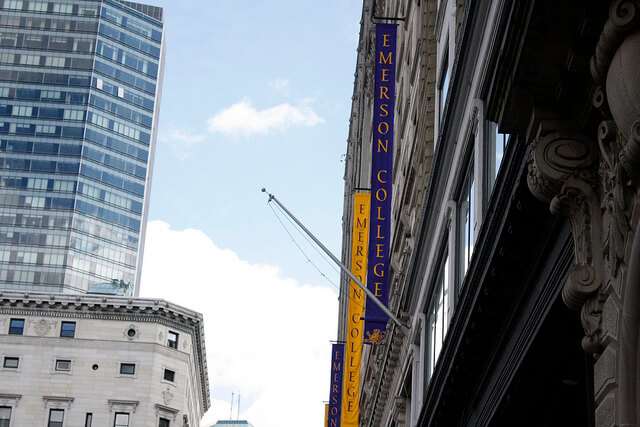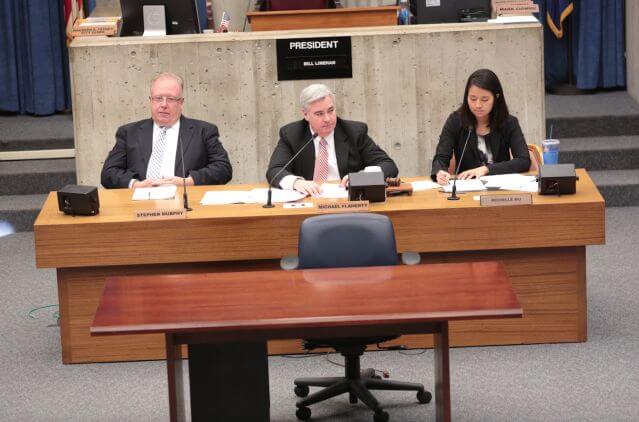Students in the U.S. who want to laugh their way through university can do just that, as Emerson College in Boston is launching a four-year degree in comedy.
In September 2016, Emerson will offer aBachelor of Fine Arts degree in “comedic arts.”Enrolled students will learn the history and theory of comedy as well as acting to start a career in comedic performance and writing. Emerson College professor Martie Cook, a former TV writer who will lead the new degree, tells Metro why studying can be funny. Is this a joke?
[Laughs] Comedy is extremely popular right now, especially with millennials. It’s how they express themselves and how they reflect the world as they understand it. At Emerson College, the demand for comedy courses was one we could barely keep up with. So many students wanted to take classes in all areas of comedy. Emerson has so many alums who have been hugely successful in the comedy arena, so it seemed like creating an actual major was just a natural thing to do. What can students get out of it, apart from a few laughs?
The main point of the BFA in comedic arts is to educate students in all areas of comedy … from writing and performance to production and studies. The point is to train and prepare students for careers in comedy. But can you teach somebody to be funny?
I believe there is an enormous need for a major in comedic arts. If someone wants to have a career in marketing, there are colleges that offer programs which train students for careers in marketing … The same is true for just about any other profession. So why not offer a program that trains students who want to have careers in comedy? In some ways it really seems like a no-brainer. What will the course be focused on?
Mainly on comedy writing, performance and production. But students will also get a solid foundation in the history of comedy and its theory. A small sampling of classes would include comedy writing for television and late night shows, sitcom production and performing sketch comedy. Students will also need to take some liberal arts classes. So students with a BFA in comedic arts will graduate with a grounded, extremely well-rounded education. If I were to apply, how do I get in?
Prospective students will likely have to submit something that showcases their comedic potential. This might be a short film they have performed in or directed … It might be a comedy script, it might be a funny short story or a podcast. Just something that shows us they have some seeds of comedic talent. People will think this degree is some laughing matter –literally. Doesn’t a “major in comedy” sound a bit odd?
It may. But I think many innovative things may sound a bit odd when they are first rolled out. A few years down the road, I think majoring in comedic arts will be as natural as majoring in science. I fully expect that many other colleges will soon look to offer a similar degree. Teaching somebody to be funny must be tough …
Yes, one of the most difficult things I have to do is to tell a student that their work is perhaps not as funny as it needs to be in order to be competitive … But my job is to offer constructive criticism that will take that art to the next level. And I know in doing so, I am not only teaching students, but I am also getting them one step closer to their dream — which is to be successful in the comedy business once they graduate. Does comedy have a huge impact on American culture?
Comedy reflects culture. And yes, comedy is certainly big in America. But I think it’s more than that. Comedy is global. The need to laugh, the desire to laugh is extremely universal. Laughter feels good. In this day and age, when we live in such a troubled world, I think people are looking for that outlet where they can let down their hair and have a good laugh. But more than that, comedy has a proven to be a social force throughout history. Research shows that comics who criticize and satirize obstacles to social advancement are often at the forefront of creating dialogue and social change. So comedy is actually very deep and when well-executed –it can be extremely powerful.
No joke – Emerson College to offer degree in comedy

Flickr / Catherinesaba

















